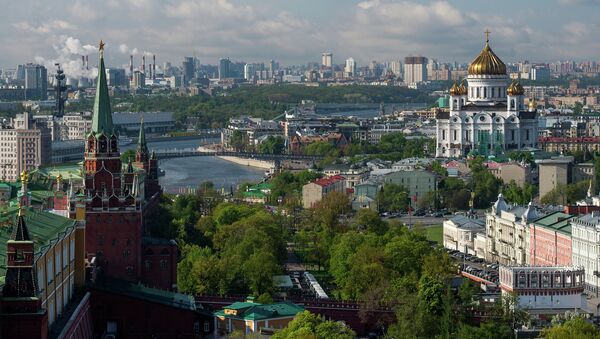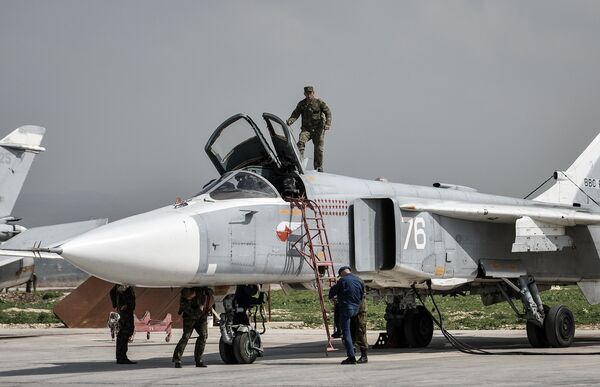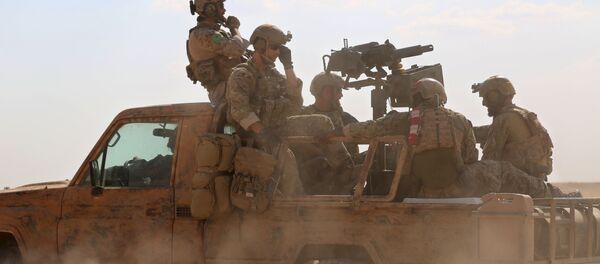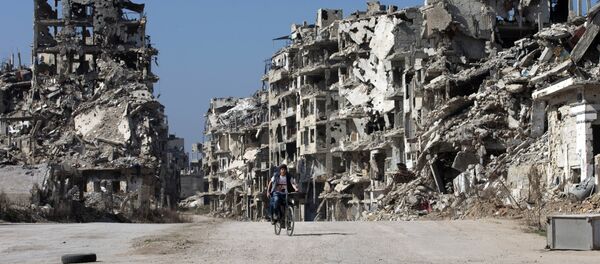Russia, he said, "could be poised to become a super power again" thanks to the joint initiative that Foreign Minister Sergey Lavrov and US Secretary of States unveiled last week.
"If the plan goes ahead, it goes a long way towards elevating Russia back to the status of a superpower – at least in the Middle East – that it lost with fall of the Soviet Union in 1991," he wrote for the Independent.
The long-awaited deal paves the way for a nationwide ceasefire expected to come into force at sundown on September 12. If no major stakeholder violates the secession of hostilities for at least seven days, Moscow and Washington will create a center to develop a joint airstrike campaign against al-Nusra Front and Daesh.
On June 30, Russian President Vladimir Putin said that "what we want is to work in close cooperation with the United States on international affairs." On September 5, Putin mentioned that he discussed possible cooperation between Russia and the US in Syria during a meeting with US President Barack Obama at the sidelines of the G20 forum in China.
"Both countries have an interest in fighting terrorism and we sense – I do, at any rate – the US President is also completely sincere in wanting to achieve results in fighting terrorism and resolving the Syrian conflict," he said.

In this context, the latest deal could well be viewed as a major diplomatic win for Moscow even if it does not last.
"This is a success for Russia because it had insisted on signing [this agreement] and worked on it for a long time," Fyodor Lukyanov, editor-in-chief of Russia in Global Affairs and research director at the Valdai International Discussion Club, told AFP.
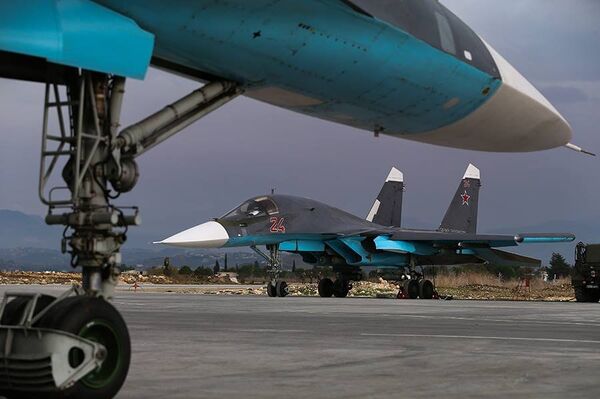
Alexei Pushkov, the Foreign Affairs Committee chairman in the lower house of the Russian parliament, maintained that there would have been no deal if not for Moscow's limited military engagement in Syria.
"The agreement on Syria would not have been possible if not for the campaign of the Russian Aerospace Forces. It prevented a military scenario of Assad's removal from power, forcing the United States to negotiating table," he tweeted.

